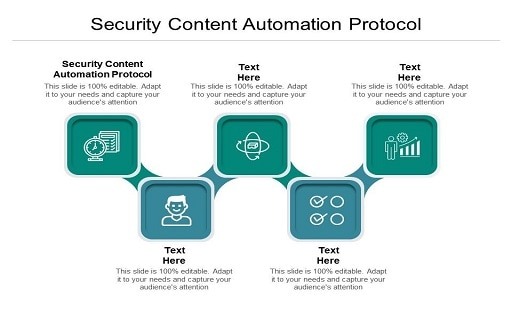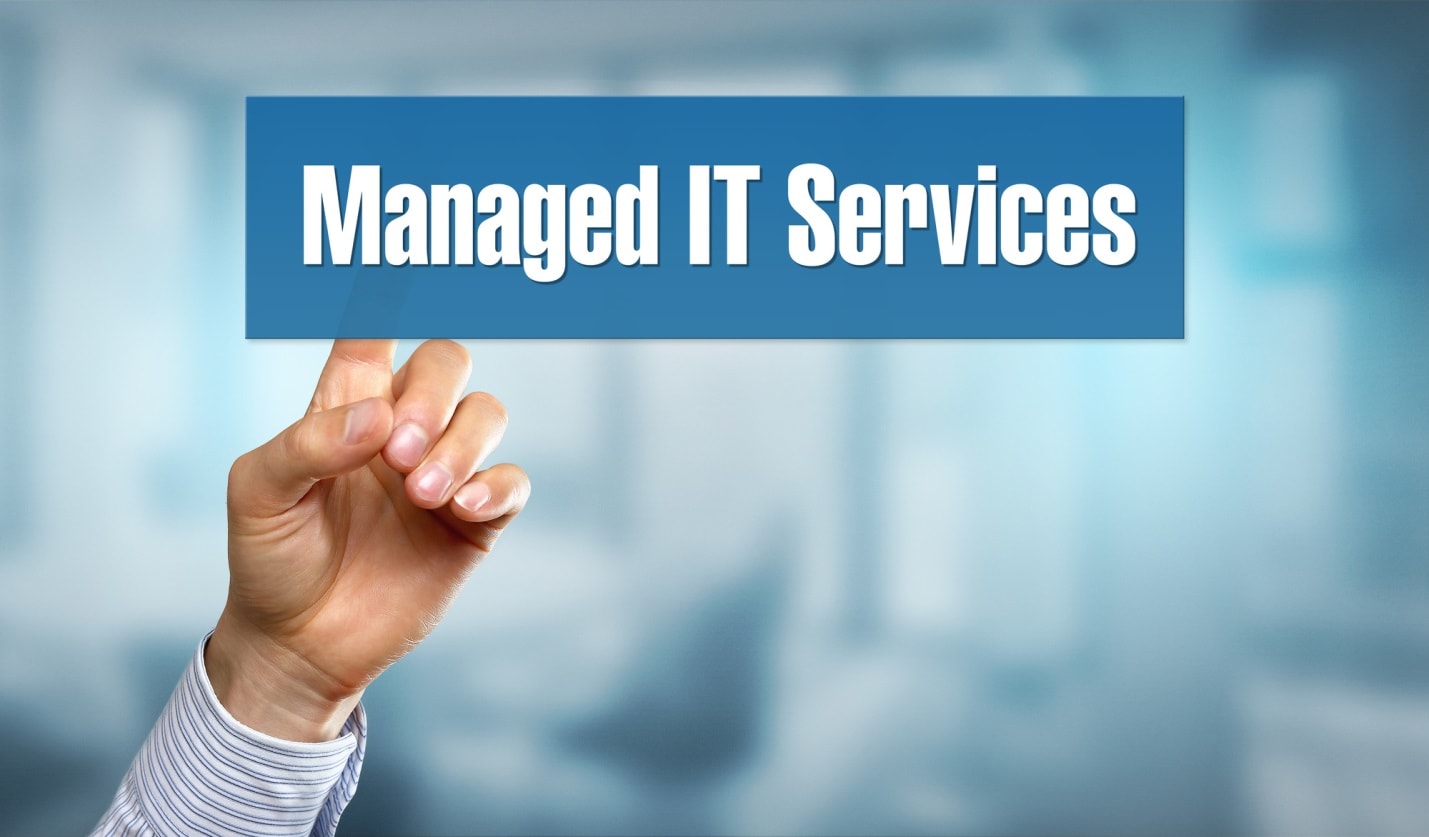The importance of data governance is increasing with an increasingly competitive and volatile market. Organizations are more and more leveraging the power of technology and automation to take advantage of all of the available data – even from sources outside your company.
However, for the best results, while mitigating risks and cutting costs, it is important to have a data management strategy in place.

Data governance is a practice to help an enterprise maintain control over all data through various methods, technologies, and behaviors. It also deals with the security of data, privacy, integrity, usability, integration, compliance, and availability – just to name a few.
An organization’s data should be well managed for the benefit of both customers and employees. Looking to get in on the latest data-driven market trends? Take a look at these handy data management trends for new innovations.
Cloud Solutions
Cloud computing has undergone rapid growth in recent years, with data management shifting that way as well. Cloud solutions are increasingly becoming the norm where data is encrypted through remote servers, accessed across multiple devices that are connected, and stored indefinitely.
Data governance in the cloud is being implemented by most companies and it might be right for your company whether you’re using it now or not. Organizations are moving away from on-premise storage and to the cloud.
The benefits of this change are multi-faceted, as not only can organizations take advantage of the latest technology, but can also save money on labor costs.
In the future, it’s quite likely that data privacy regulations will evolve to consider how cloud storage impacts risk. Companies can expect to see new regulations that are retroactive on the horizon, which will affect how cloud data is handled.
You can also read: 3 Ways to Improve Your Digital Reputation and Online Identity
Artificial Intelligence and Machine Learning
AI and Machine Learning have become a normal part of data governance strategies. Machine learning platforms are transforming the way analysts work. The platforms are able to automate repetitive tasks so data analysts can focus on other, more pressing needs. This type of automation is perfect for compliance auditing, data organization, and other monotonous functions.
This increase in machine-assisted learning is strongly related to data integrity and uniformity. These platforms rely on consistent data. As machines learn and use more data, they get better at recognizing and processing what is there and extracting only the desired information from it. However, when the platform is fed with poor-quality data, it does not perform as well.
Current data governance trends generally involve common goals such as data collection and storage methods. Looking for software that keeps these priorities in mind can help prepare businesses for the increasing data ingress/egress and governance requirements.
Heightened Data Protection
Protecting personal data is becoming increasingly challenging. These days, it can be stored in different areas of the company and with third parties as well. As changes in privacy legislation continue, fines and ad reputational damage are becoming more of a concern for companies.
To stay up-to-date with these legal changes it’s important to do external reviews of the company’s digital practices. Doing this will help monitor any “gaps” that may exist in your approach to privacy.
Organizations can use an inventory of their most critical data to build out a trust model that supports the needs of the business & its data ecosystem. Data and analytics can be assessed using a trust model which would result in whether or not the data level is acceptable. If it is not, then action would need to be taken to fix the data before it can be used.
Increased Automation
When autonomous AI systems are involved, managing decentralized data at scale becomes even harder. When large volumes of data are needed for machine learning models training, it’s hard to keep track of everything.
Automating data governance can help you do something about this problem. Digital agents onboard many fundamental aspects of the data governance process, which helps you to save time and resources. For instance, data profiling allows you to verify and identify your data. This technique can be used to analyze the data and come up with correct policy decisions for it.
You can also read: Three Tips For Building the Best Business Tech Stack
Leverage Data Exchange
Companies can make money off data in many different ways. They can use it to promote business and grow your profits. However, businesses should also consider partnerships with other companies that will help them grow faster. This way, it’s a win-win situation for both parties involved.
Organizations can share information by exchanging data directly or through secondary markets. Establishing these relationships will help to offer competitive advantages through insights that were not available before.
In addition, companies should track the quality of data. One way to keep data secure is by implementing security measures in all stages of business processes. These measures should guarantee the accuracy, quality, and preservation of information.
Set up strategies to ensure data privacy, such as regularly reviewing company data to make sure it’s up-to-date and storing it in a safe place such as the cloud. Companies have been developing data as a service business model for some time now.
However, ethical and privacy issues have been a problem for those looking to develop this type of economic model. Suggestively, hiring top-notch data engineers could help build a viable solution.
Conclusion
Data management and information gathering are dynamic processes. As the year progresses, every organization that wants to take advantage of data-driven techniques will need to find ways to collect, analyze, and store those data.
Though organizations have been skeptical about leveraging AI capabilities and cloud solutions to automate many data governance activities and reduce the need for human labor, intelligent tools have evolved and business perception has changed.
Would you like to read more about Data Governance-related articles? If so, we invite you to take a look at our other tech topics before you leave!
![]()













